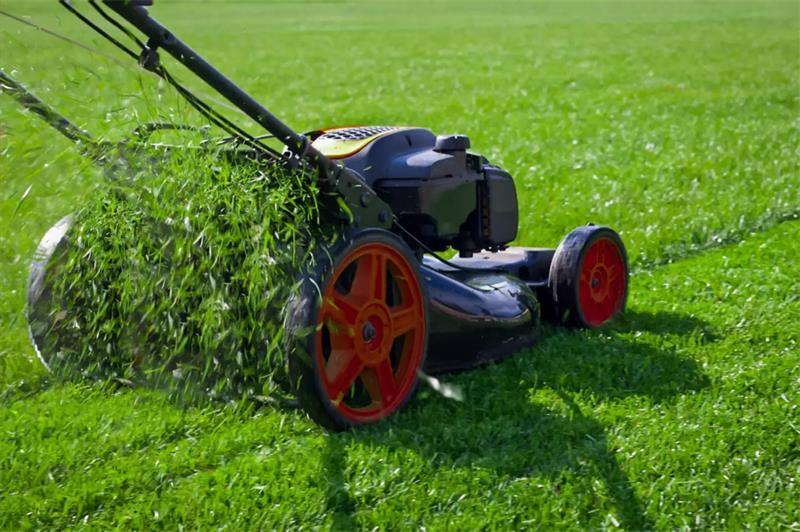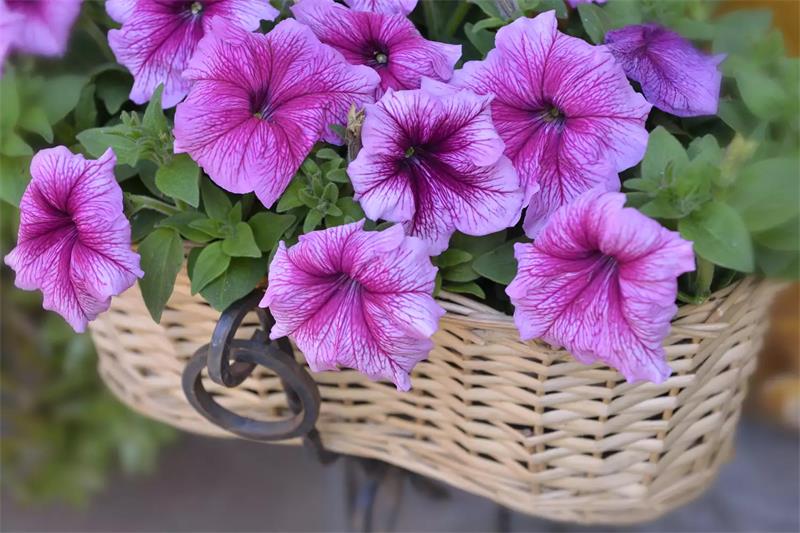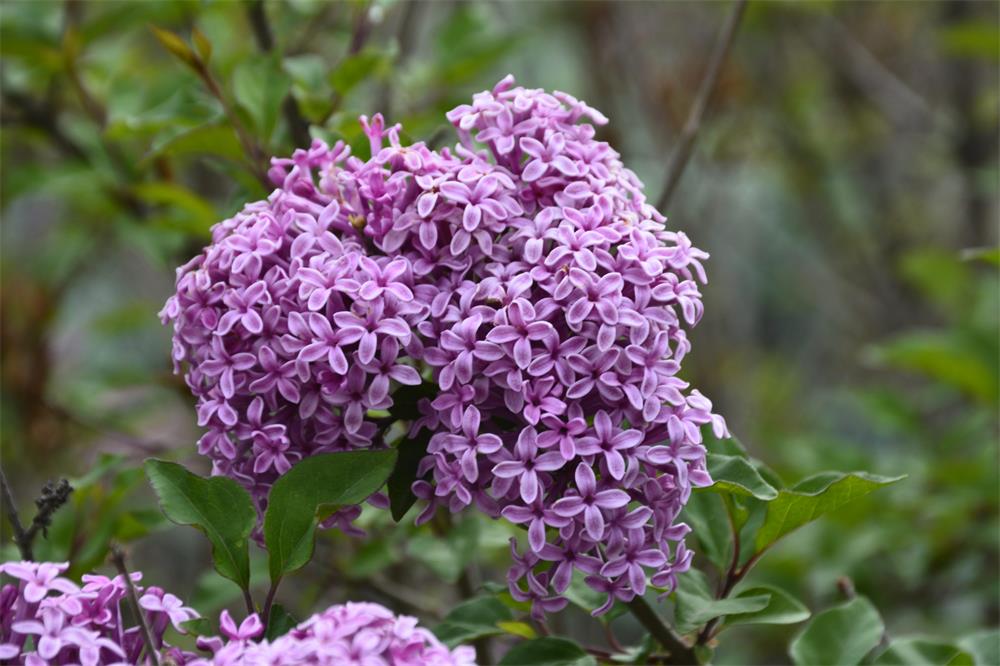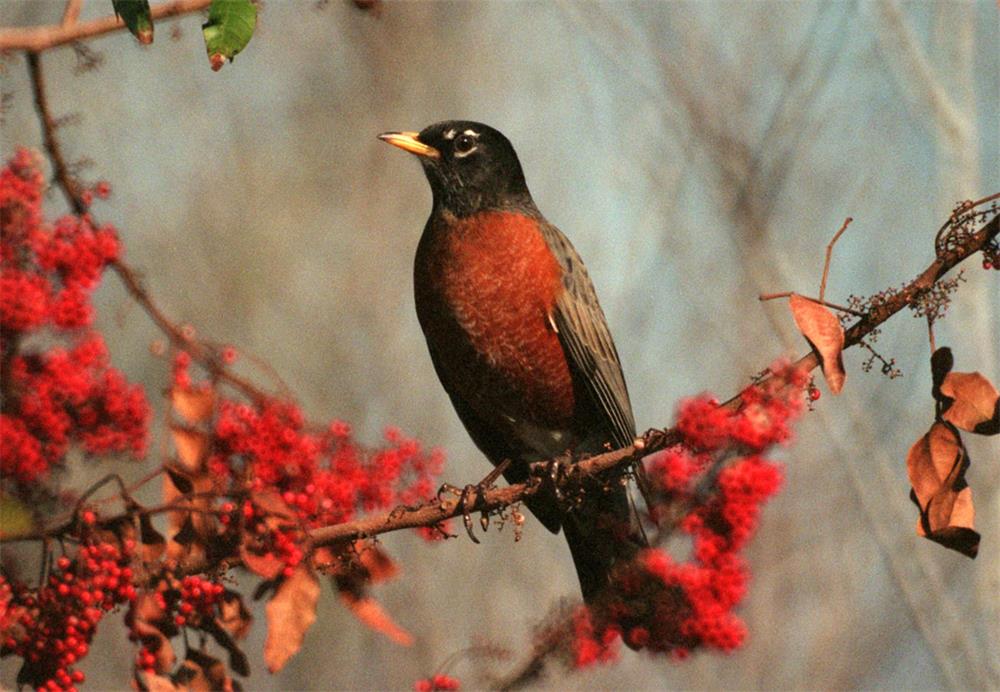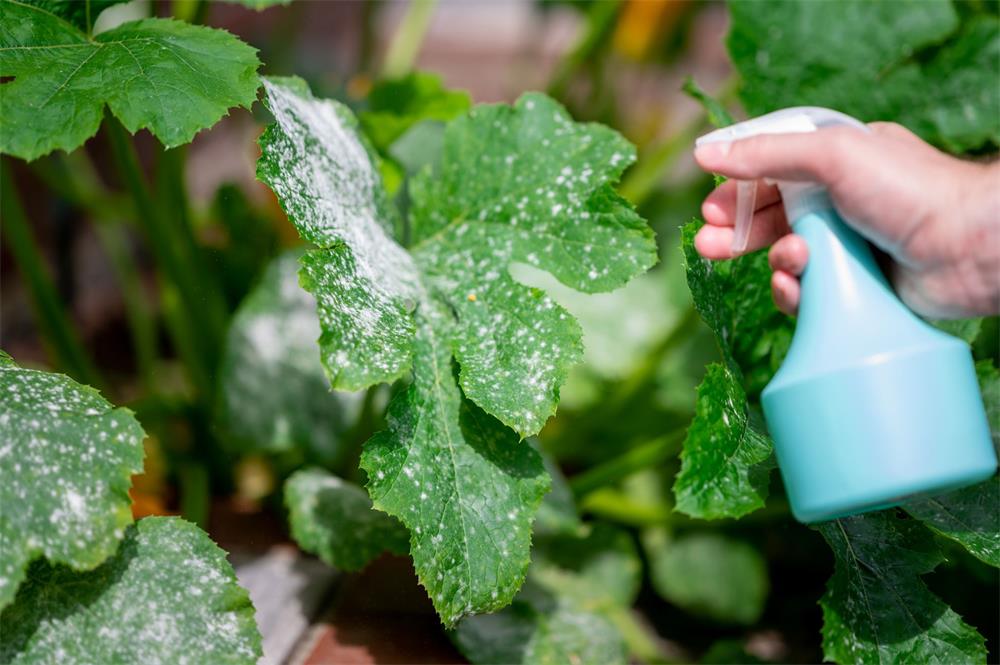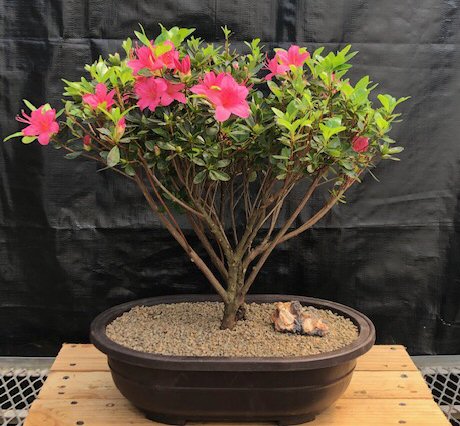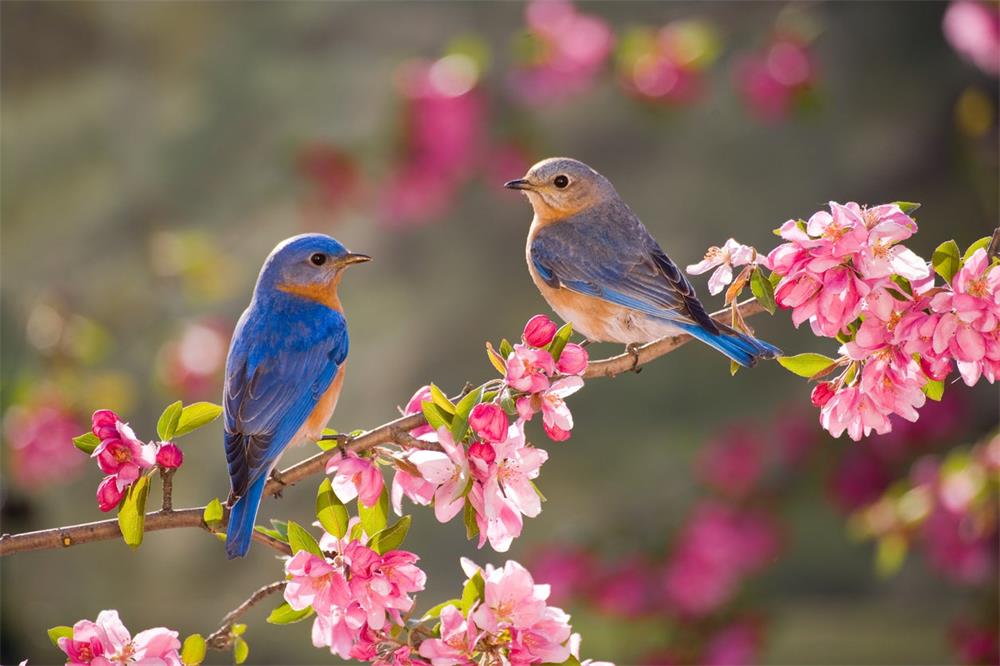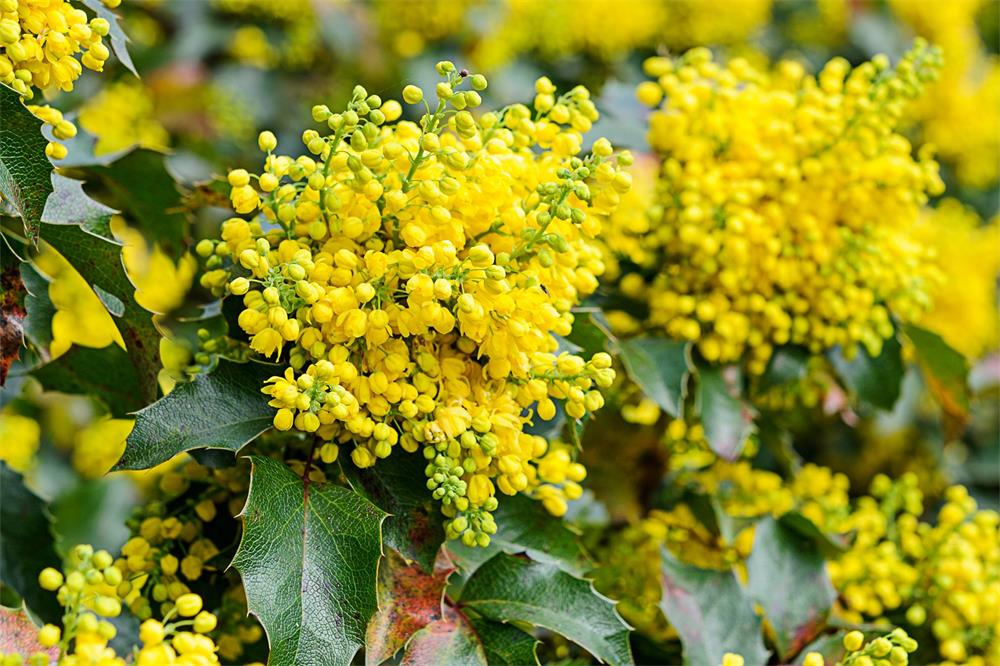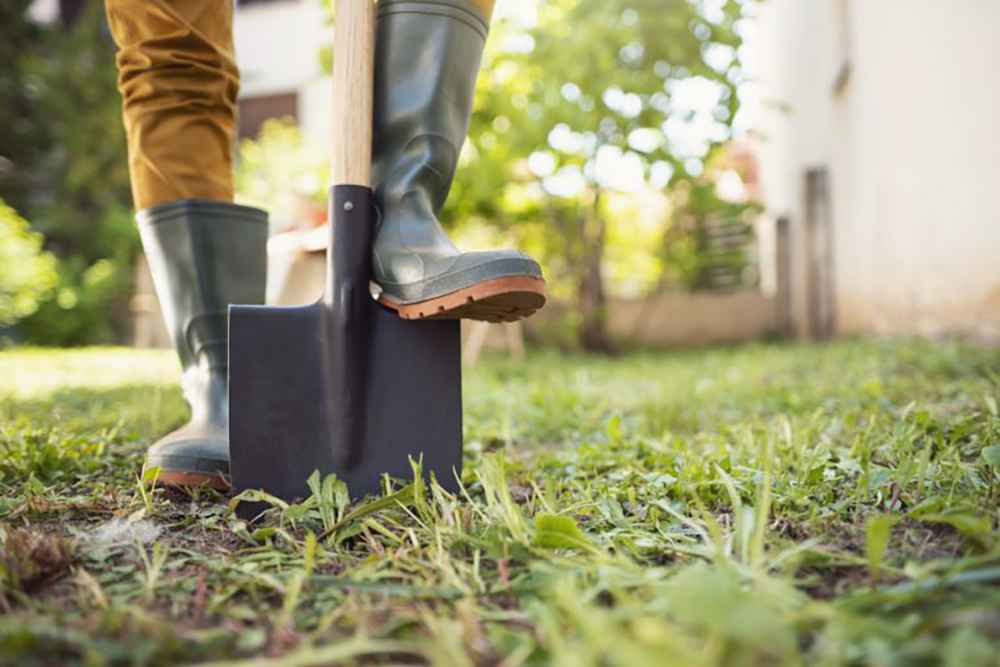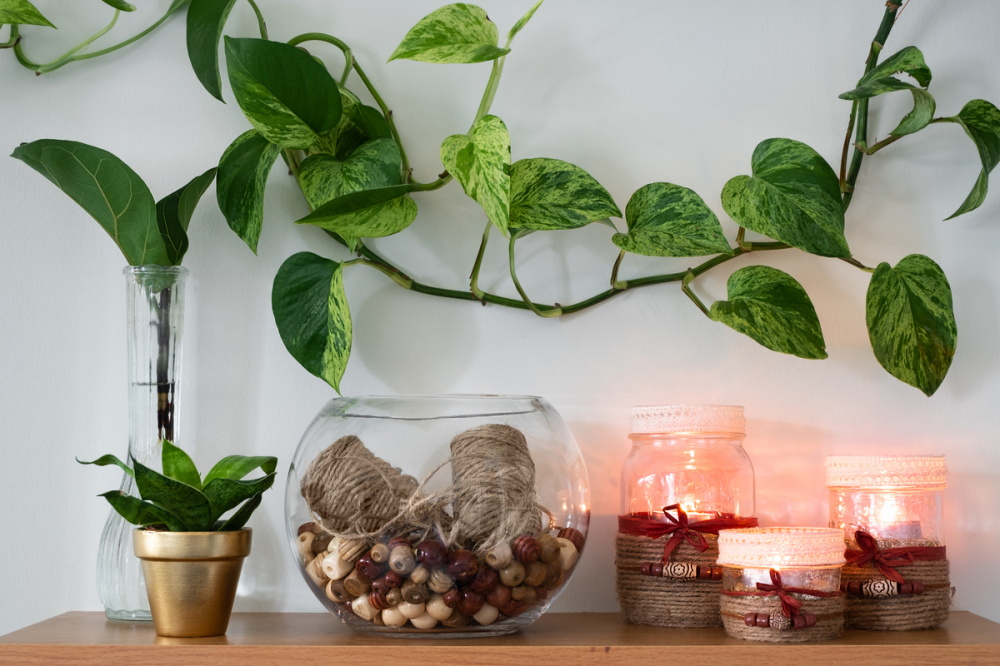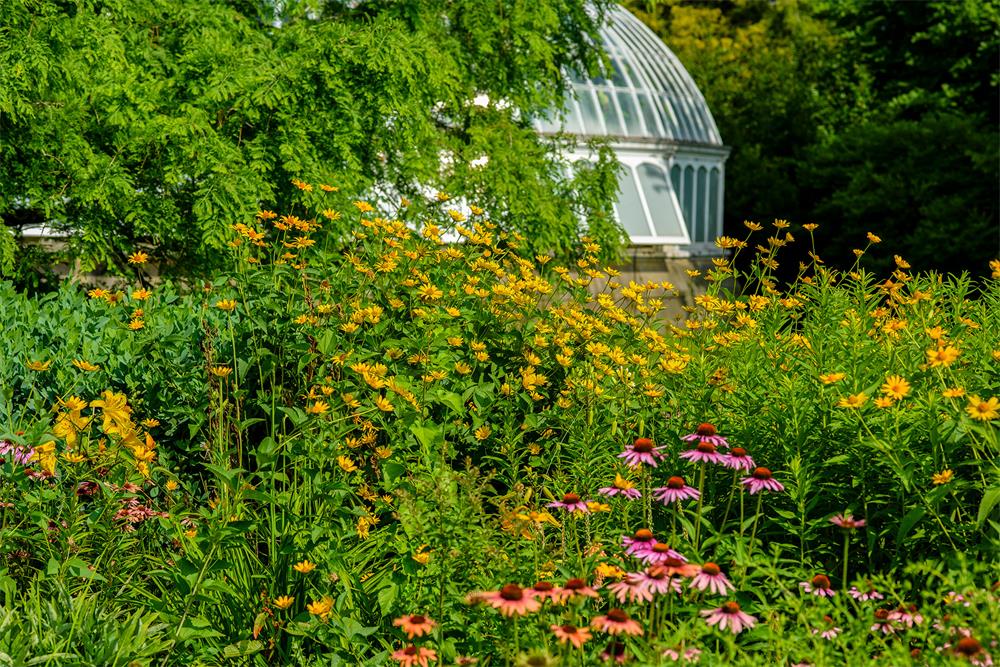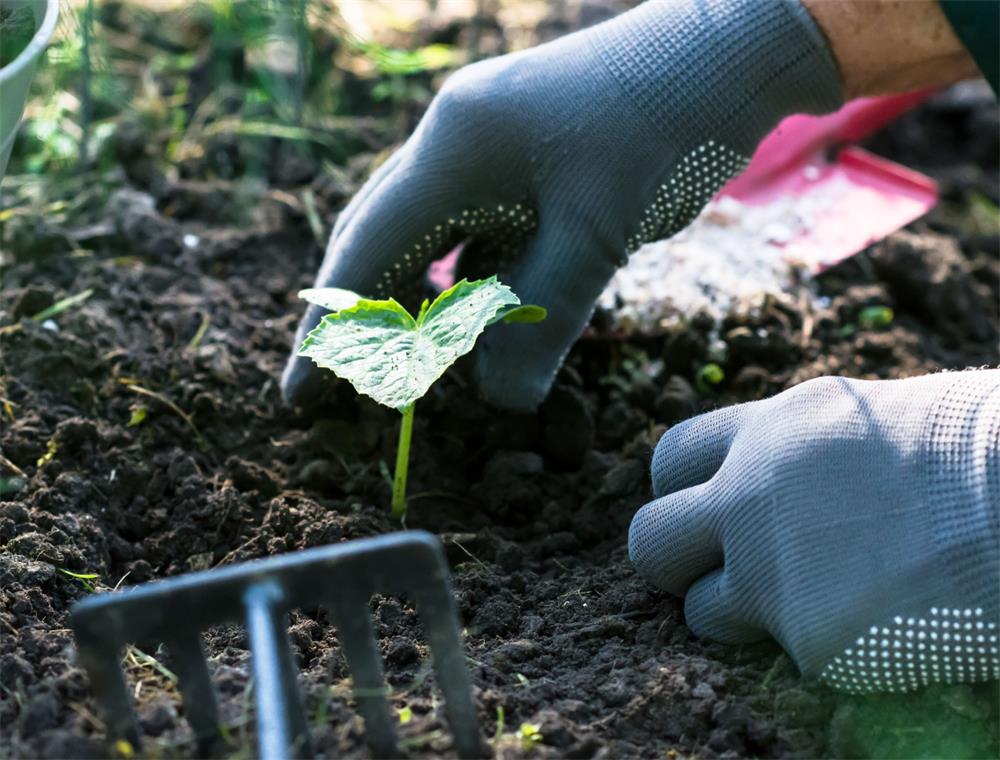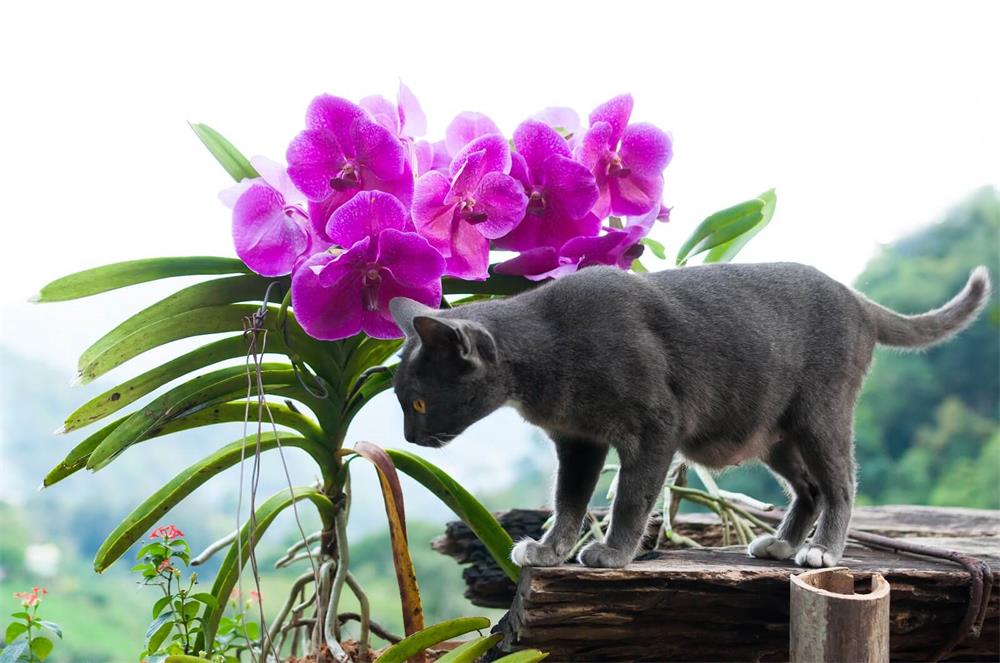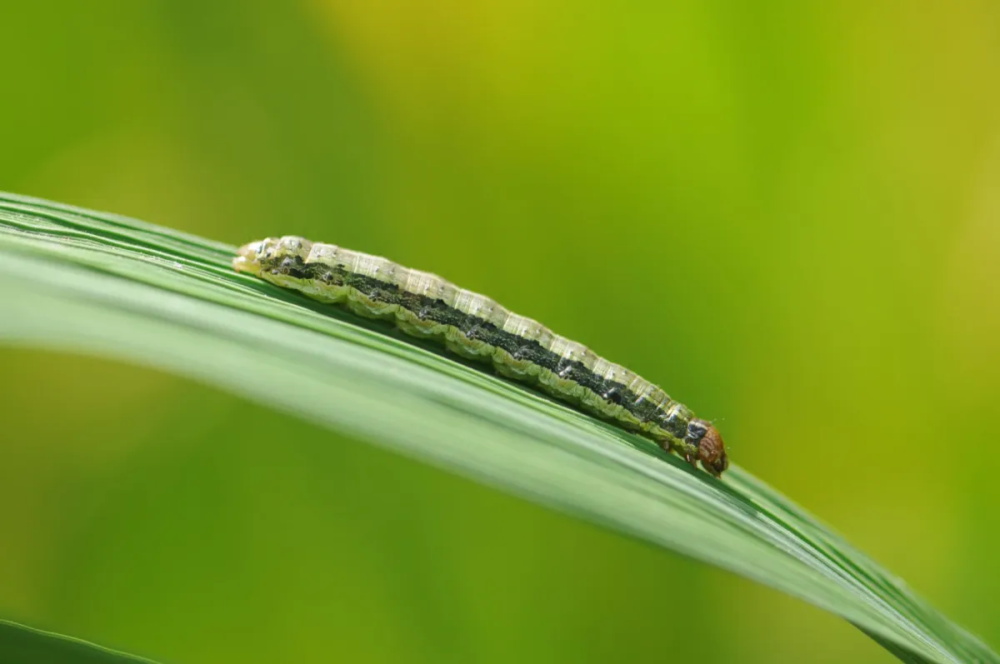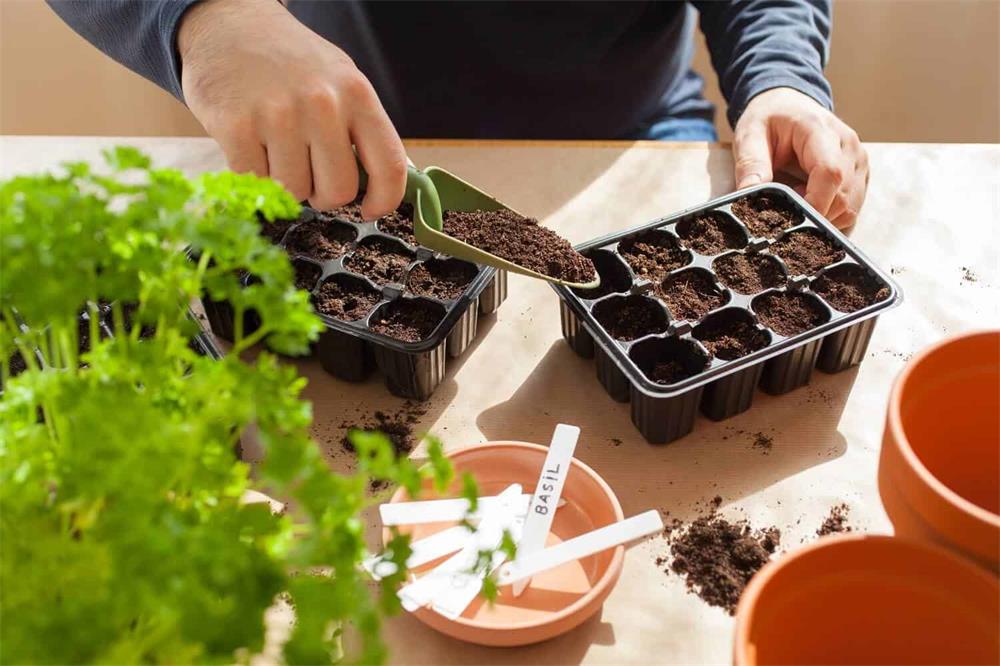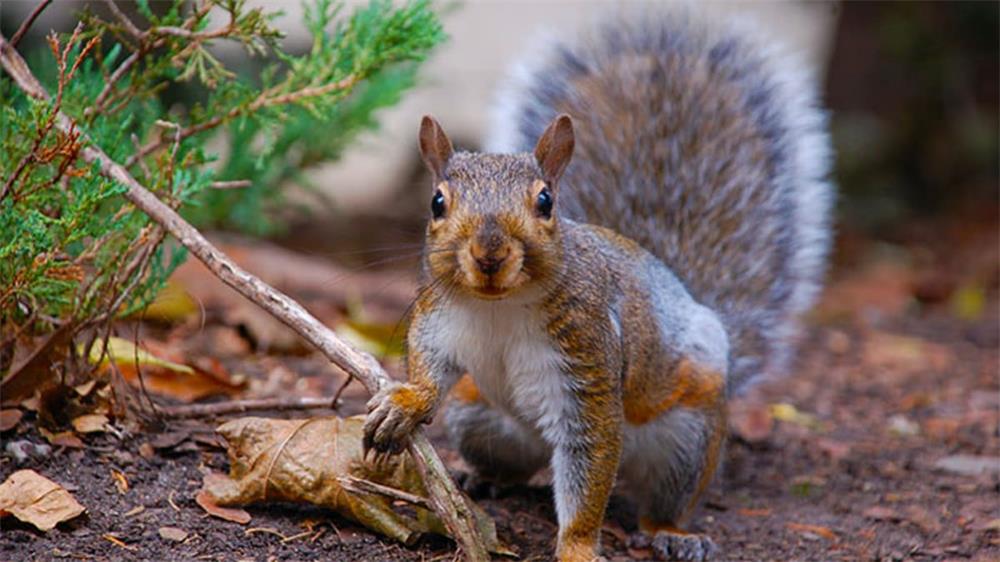
Table of Contents
If you love planting spring-flowering bulbs such as tulips, crocuses, and hyacinths, you may have encountered a common problem: squirrels digging up and eating your bulbs. These furry rodents are notorious for raiding gardens and stealing the fruits of your labor. They can also damage your plants by chewing on the stems, leaves, and flowers.
Fortunately, there are some effective ways to prevent squirrels from digging up your bulbs and protect your garden from their mischief. Here are some tips and tricks to keep squirrels away from your bulbs.
Use Wire Mesh
One of the best ways to protect your bulbs from squirrels is to use wire mesh, such as chicken wire or hardware cloth. Wire mesh is a metal netting that has small holes that allow the bulb stems to grow through, but prevent the squirrels from reaching the bulbs.
There are two ways to use wire mesh to protect your bulbs. You can either cover the planting area with a large piece of wire mesh after you plant the bulbs, or you can make individual cages or baskets for each bulb and place them in the planting holes.
To cover the planting area with wire mesh, cut a section of the material that is big enough to cover the entire area where you planted the bulbs. Lay it on top of the soil and secure it with stakes or by weighing it down with rocks or bricks. Cover the wire mesh with a layer of mulch, such as shredded leaves or bark, to hide it and make it look more natural. The bulb stems will grow through the holes in the wire mesh, but the squirrels won’t be able to dig up the bulbs.
To make cages or baskets for individual bulbs, cut pieces of wire mesh that is large enough to wrap around each bulb. Place the bulb in the center of the piece of wire mesh and fold it around the bulb, leaving some space for the roots to grow. Twist or bend the edges of the wire mesh together to close the cage or basket. Place the cage or basket in the planting hole and fill it with soil. The wire mesh will protect the bulb from squirrels and other burrowing animals, such as voles.
Use Repellents
Another way to deter squirrels from digging up your bulbs is to use repellents that make the bulbs or the soil less appealing or more difficult for them to eat. You can use natural repellents, such as hot sauce, cayenne pepper, garlic, or vinegar, or commercial repellents that are specially formulated for squirrels.
To use natural repellents, you can either coat the bulbs with them before planting or sprinkle them on top of the soil after planting. To coat the bulbs with repellents, dip them in a solution of hot sauce and water, or sprinkle them with cayenne pepper or garlic powder. To sprinkle repellents on top of the soil, mix them with water in a spray bottle and spray them over the planting area. You can also soak cotton balls in vinegar and place them around the planting area. These repellents will make the bulbs or the soil smell and taste unpleasant for squirrels and may discourage them from digging.
To use commercial repellents, follow the instructions on the label and apply them according to the directions¹. Some commercial repellents are granular and can be sprinkled on top of the soil, while others are liquid and can be sprayed over
the planting area. Some commercial repellents may also contain ingredients that irritate squirrels’ eyes or noses, such as capsaicin or ammonia. These repellents may work better than natural ones, but they may also be more expensive or harmful to other animals or plants.
Plant Deeply and Clean Up
A simple way to prevent squirrels from digging up your bulbs is to plant them deeply and clean up any traces of bulb planting from the area. Planting your bulbs deeper than usual can make it harder for squirrels to find them or reach them. A general rule is to plant your bulbs at least three times their height deep in the soil. For example, if your bulb is 2 inches tall, plant it 6 inches deep in the soil.
Cleaning up any evidence of bulb planting can also help to avoid attracting squirrels to your garden. Squirrels are very observant and may notice if you have disturbed the soil or left any bulb casings or scraps on the ground. They may also watch you while you plant your bulbs and remember where you put them. To avoid this, remove any dried bulb casings, skins, or roots from the area after planting. Rake the soil to smooth it out and make it look undisturbed. You can also plant some annuals or perennials on top of the bulbs to camouflage them and make them less noticeable.
Apply Mulch Properly
Mulching your bulbs can have many benefits for your garden, such as conserving soil moisture, maintaining a cool soil temperature, and preventing weeds. However, mulching too soon or too much can also create problems for your bulbs and invite squirrels to dig them up. Mulching when the soil is still warm can provide a cozy place for squirrels to burrow and nest in for the winter. Mulching too thickly can also prevent the bulbs from getting enough air and water, and cause them to rot or mold.
To apply mulch properly, wait until the ground freezes before adding a layer of mulch over your bulbs. This will prevent squirrels from digging through the frozen soil and reaching your bulbs. It will also protect your bulbs from frost heaving, which is when the soil expands and contracts due to freezing and thawing, and pushes the bulbs out of the ground. Apply a layer of mulch that is 2 to 4 inches thick, depending on your climate and soil type. Use organic materials such as shredded leaves, straws, pine needles, or bark chips as mulch. Avoid using materials that are too heavy or compacted, such as grass clippings or sawdust, as they can smother your bulbs or prevent water drainage.
Choose Resistant Bulbs
If all else fails, you can always choose bulbs that are resistant to squirrels and other rodents. Some bulbs have a bitter taste or a strong scent that squirrels do not like. These include daffodils, alliums, fritillarias, hyacinths, scillas, snowdrops, and grape hyacinths. You can plant these bulbs alone or mix them with other bulbs that are more attractive to squirrels, such as tulips or crocuses. This way, you can create a diverse and colorful display in your garden while also deterring squirrels from digging up your bulbs.
Squirrels can be a nuisance for gardeners who want to enjoy their spring-flowering bulbs. However, by following these tips and tricks, you can protect your bulbs from squirrels and keep them safe until they bloom.
Conclusion
Spring-flowering bulbs can add beauty and color to your garden, but they can also attract squirrels that can dig them up and eat them. To prevent this, you can use various methods to protect your bulbs from squirrels, such as:
- Using wire mesh to cover the planting area or make cages for the bulbs
- Using repellents to make the bulbs or the soil less appealing or more difficult for squirrels to eat
- Planting deeply and cleaning up any traces of bulb planting from the area
- Applying mulch properly after the ground freezes and using organic materials
- Choosing resistant bulbs that have a bitter taste or a strong scent that squirrels do not like
By following these tips and tricks, you can enjoy your spring-flowering bulbs without worrying about squirrels digging them up.



